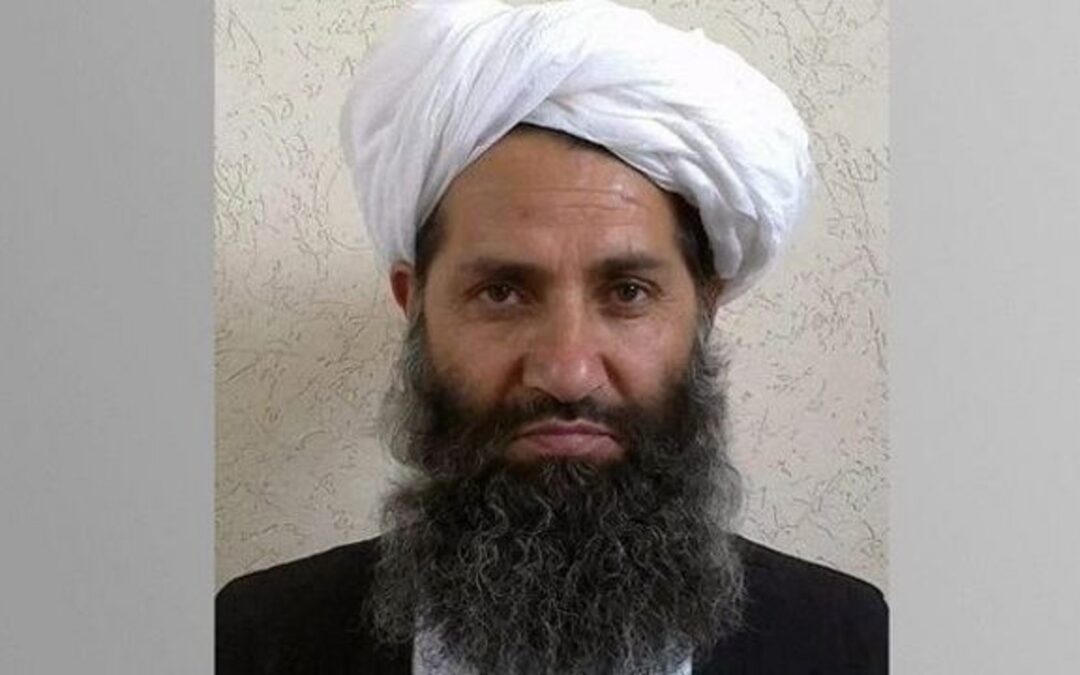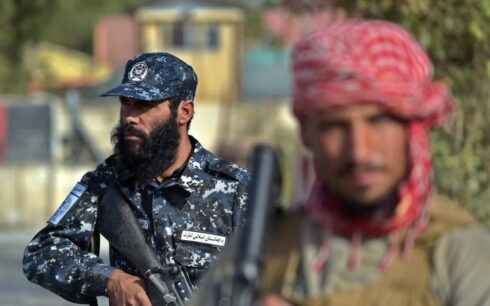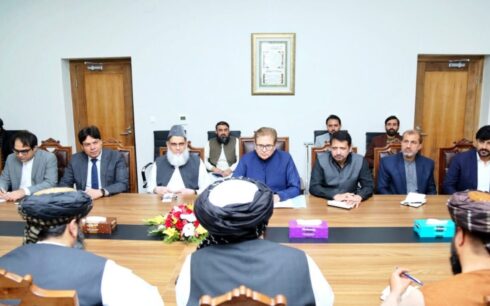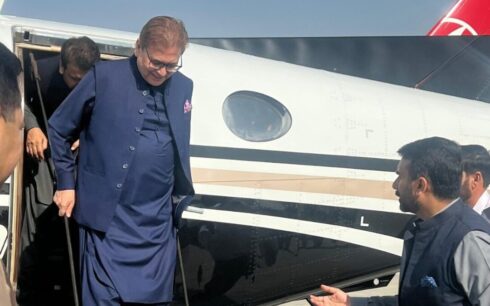In an off-camera appearance, Taliban leader Mullah Hibatullah Akhundzada asked his governors to follow the Sharia law and put aside man-made laws when it comes to their decisions in governance, a statement reads.
Zabihullah Mujahid, a senior Taliban spokesman, released a statement on Wednesday, July 27, saying that the remarks by Hibatullah were made at a meeting with governors of the Taliban government in the southern province of Kandahar this week.
In this statement, Hibatullah has emphasized the need for the dependency on the Islamic Sharia when it comes to the implementation of laws, saying man-made laws “are not implementable.”
Hibatullah has told his followers that government-related decisions are not made based on the will of the people and that the Taliban officials are not expected to oppose their leaders’ decisions while they are made based on the Sharia law.
“In the last decades, much propaganda was made against the Islamic system and Sharia, and in favor of the republic,” Hibatullah said as quoted in the statement.
He has said that God’s orders are implemented in the Taliban government and that laws are not made based on the will of the people.
This comes as the Taliban leader at an assembly of religious scholars in Kabul this month said that any opposition, whether military or political, to their government, will be unacceptable.
The Taliban government does not have a constitution and has not been recognized by any country so far. Based on the Afghan constitution implemented by the previous government, “no law shall contravene the tenets and provisions of the holy religion of Islam in Afghanistan.”
This also comes as secondary schooling is banned for girls in Afghanistan and the Taliban has not made a decision on this so far. At an international conference in Uzbekistan this week, Taliban officials did not mention girls’ education or the rights of women to work, despite expectations from the participants, who represented at least 20 countries.





